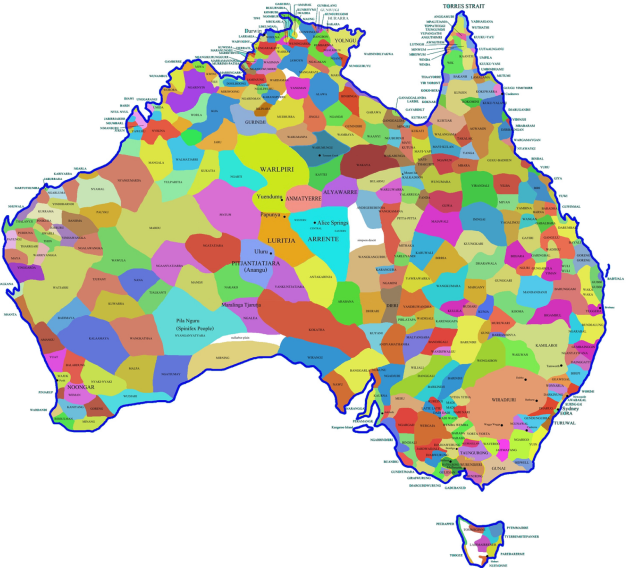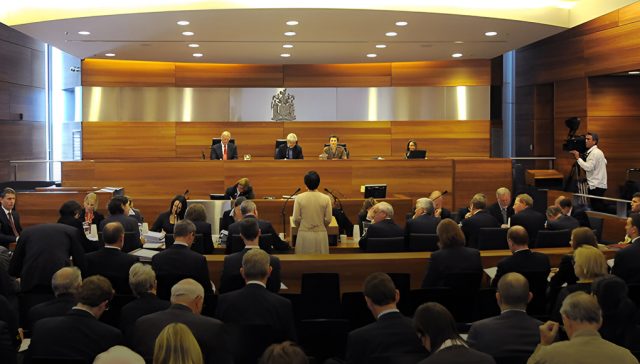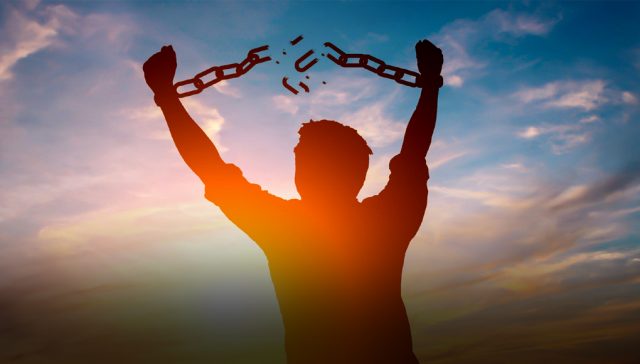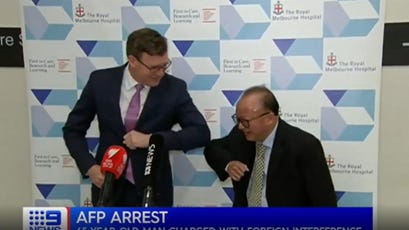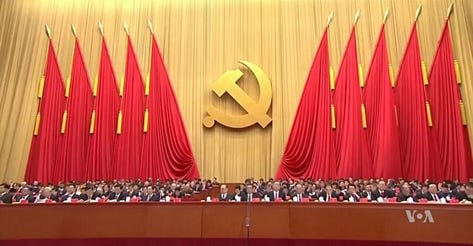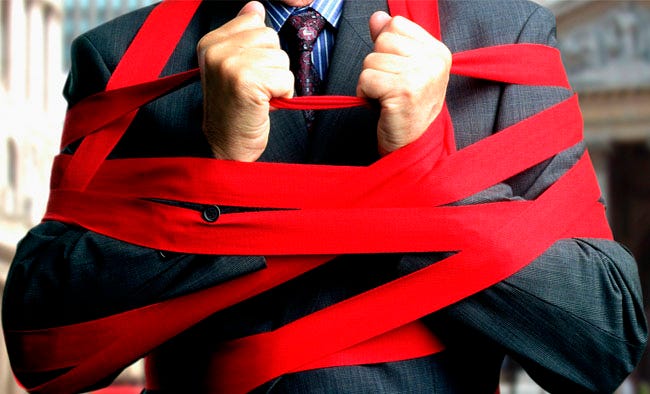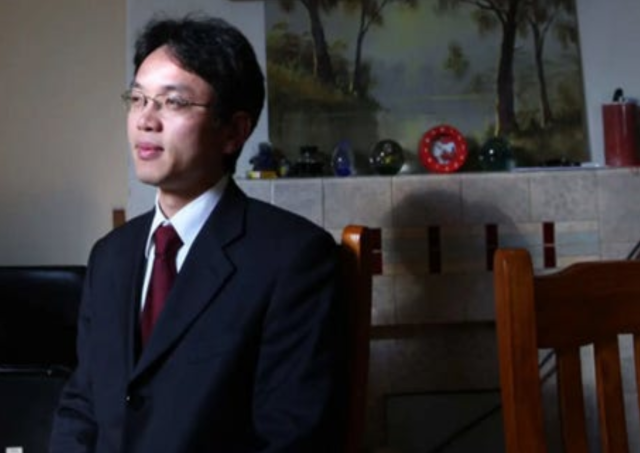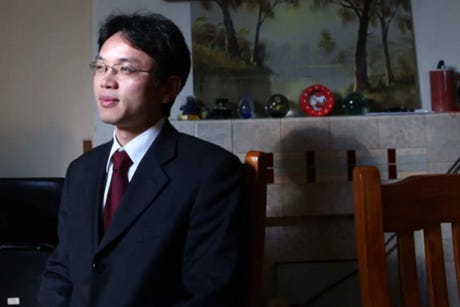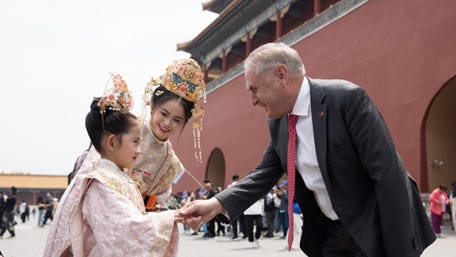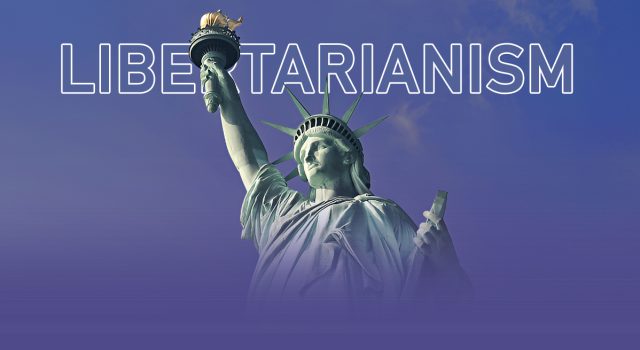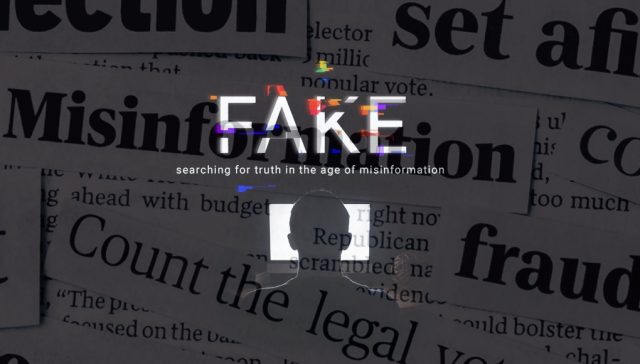14 Reasons To VOTE NO In The Voice To Parliament Referendum
On Monday 19 June 2023, the Australian Senate passed a bill for a referendum to occur later in the year to establish a constitutionally-enshrined Voice to Parliament.
In short, and especially for our subscribers outside Australia, the Voice proposal is for a consultative body – let’s be blunter and say it’s a representative body – to which all federal government policies and legislation impacting Aboriginal and Torres Strait Islanders will be referred for consideration.
The battle for and against is now formally engaged.
Here are 14 reasons Australians should vote against the proposal.
1. Systemic Racism
Libertarians are Australia’s leaders against racism. We reject collectivism of any kind and judge individuals on the content of their character, not the colour of their skin or any other group attribute. Labor and the Greens are seeking to introduce a procedural body into the legislative process based on race, hints of Caucasian rule in Rhodesia or South Africa. The Left’s much hackneyed phrase of ‘systemic racism’ applies. If it’s part of the system and it’s based on race, guess what? It’s systemic racism.
Libertarians say Vote No.
And frankly, that’s sufficient reason.
But I have 13 more reasons …
2. Fractious Treaties
Supporters of the proposal have said the next step after a Voice are formal treaties. It’s a slippery slope. Freedom House says there are only 17 genuinely free nations in a world of 197 countries and that Australia is one of them. As a libertarian, I’d like to keep it as free as possible. That’s not compatible with negotiating treaties with 500 ethno-state ‘First Nations’, as woke activists now strategically call this part of our citizenry.
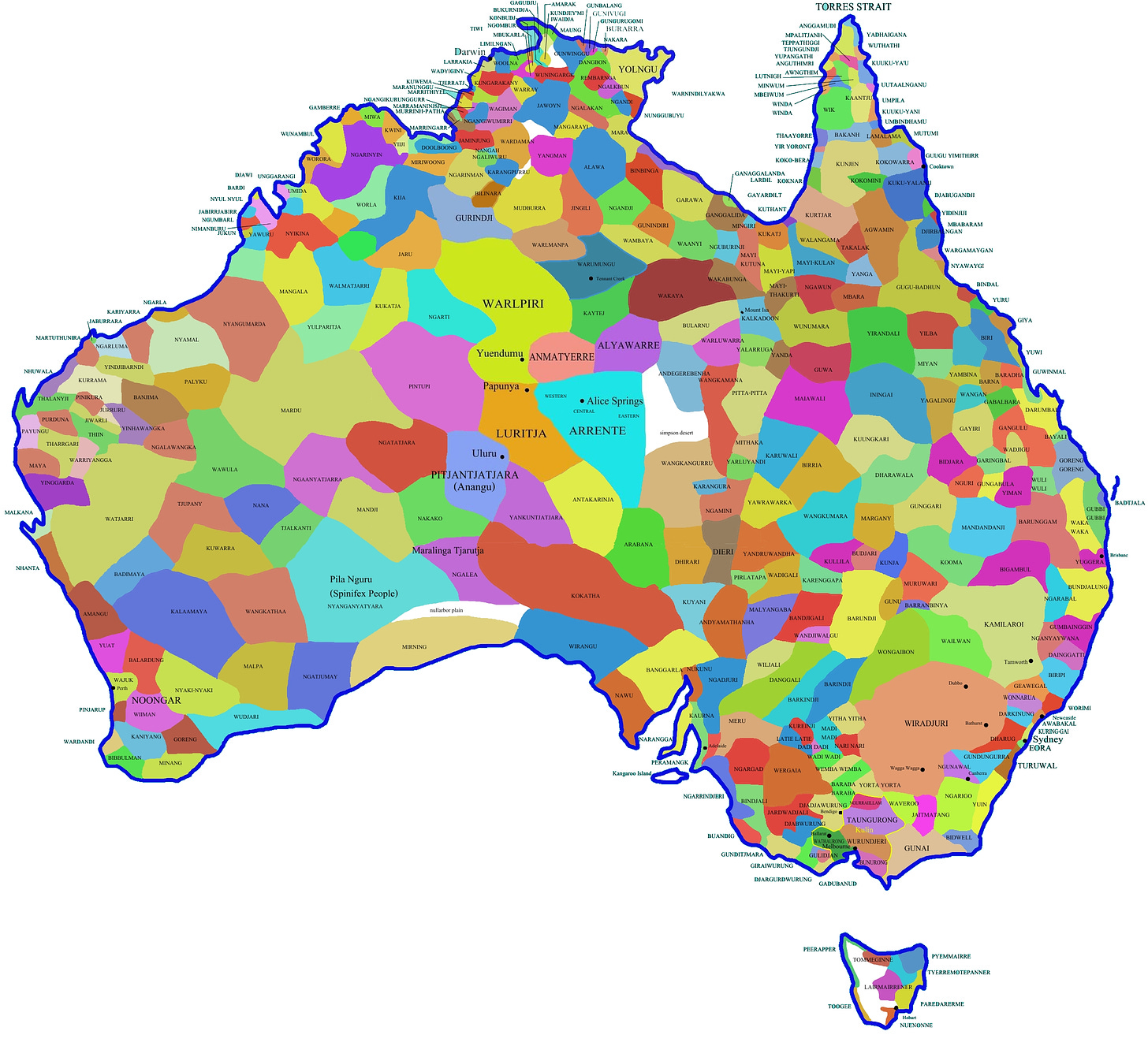
3. Communist Mastermind
The author of the Voice To Parliament is Thomas Mayo. He is a communist, a supporter of an ideology which has thus far killed 100 million people.
Don’t believe that he’s a communist?
Here he is in his own words …
4. Preferential Rents
Ethno-nationalists Senator Lidia Thorpe and Mr Mayo are openly calling for freehold title holders to pay rent to indigenous leadership groups. Will Australian mortgagees and tenants be required to add an indigenous rent?
5. Economic Drag
With the ambiguity on not knowing what the Voice To Parliament will recommend to the Government, will there be new permits required for economic activity.? What grifting black tape will be placed on a business sector already constrained by green and red tape?
6. Impossible Reversal
If the Voice To Parliament, enshrined in the Constitution, became a corrupt rabble like ATSIC, we would not be able to remove it from the Constitution except through another referendum. We’d be stuck with the constitutional vandalism.
7. Ambiguous Scope
As much as we’ve asked, we still have no understanding of the scope of the Voice To Parliament. Will its recommendations be binding on Parliament? What are matters affecting indigenous people? Remote communities? Native title property portfolios? Aboriginal-only businesses? United Nations treaty implications? Australians need to know the scope of this body before voting. We ask. We get no answers.
8. Undefined Structure
How many people will sit on the Voice To Parliament? 5? 18? Will there be one per tribe, so 500 of them? None of us know. Who will be eligible to serve on the Voice? Certainly not all Australians. Again, this is systemic racism in action. How is aboriginality defined? DNA? Statutory declaration? Tribal declaration? Still, no answers.
9. Uncosted
From a standing start, the NDIS now spends more of our hard-earned tax dollars than Medicare and Defence! With form like this and the same people pushing this new proposal, can you imagine the cost of the Voice To Parliament? We’ve asked for a budget. No dice!
10. Ignored Communities
It’s not as if most aboriginal communities on the ground were consulted or were yearning for a Voice To Parliament. Videos are emerging of everyday indigenous citizens explaining that they’ve never heard of a Voice To Parliament.
11. Elitist Gravy Train
The proposal is being pushed by Canberra-based, virtue-signalling, snouts-in-the-trough, activists. Decades of collectivist molly-coddling by Labor has created a gravy-train of the most bloated kind. Woke identitarian activists trying to create an indigenous industry, with all the non-productivity of the old-world European aristocracies.
12. Partisan
This is a Labor and Green project. A weepy-eyed, spend-what-may socialist wet dream. A one-sided wank job.
13. Referendum Funding
To drive home the point, Government is funding the yes campaign while struggling citizens under cost-of-living pressure are expected to fund the no campaign. Equity? Shhhhhh.
14. Ends Reconciliation
The Reconciliation Movement had noble ideals when started. After 20 years, we now see clearly where it is heading. An elite land grab, the fracturing of Australia into ethno-microstates and the distribution of a lot of money for a non-productive industry.
But as I say, none of this matters. It is sufficient reason to Vote No that they are proposing a race-based system.
The moment freedom lovers regain power, a priority must be to repeal s51(xxvi) of the Constitution to end this race-baiting once and for all.
An entrepreneur who has employed 1,470+ people, Kenelm was admitted to the BRW Fast 100 three times with businesses in Australia, NZ, Singapore and New York, where he lived for 12 years. Kenelm’s investment firm performs mid-market leveraged roll-ups. He was a regular columnist for the Australian Financial Review. Kenelm is the Founder of Liberty Itch.






